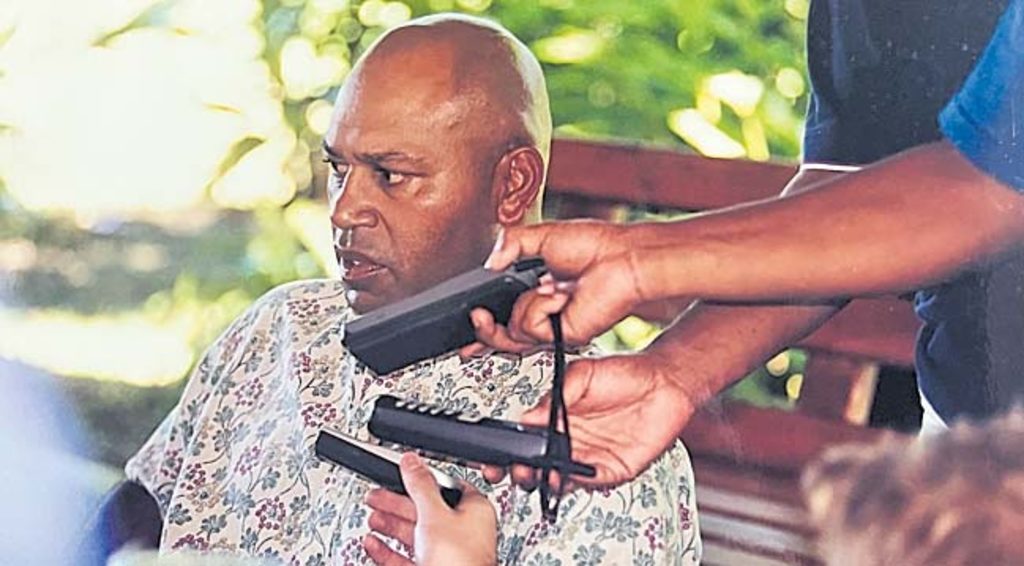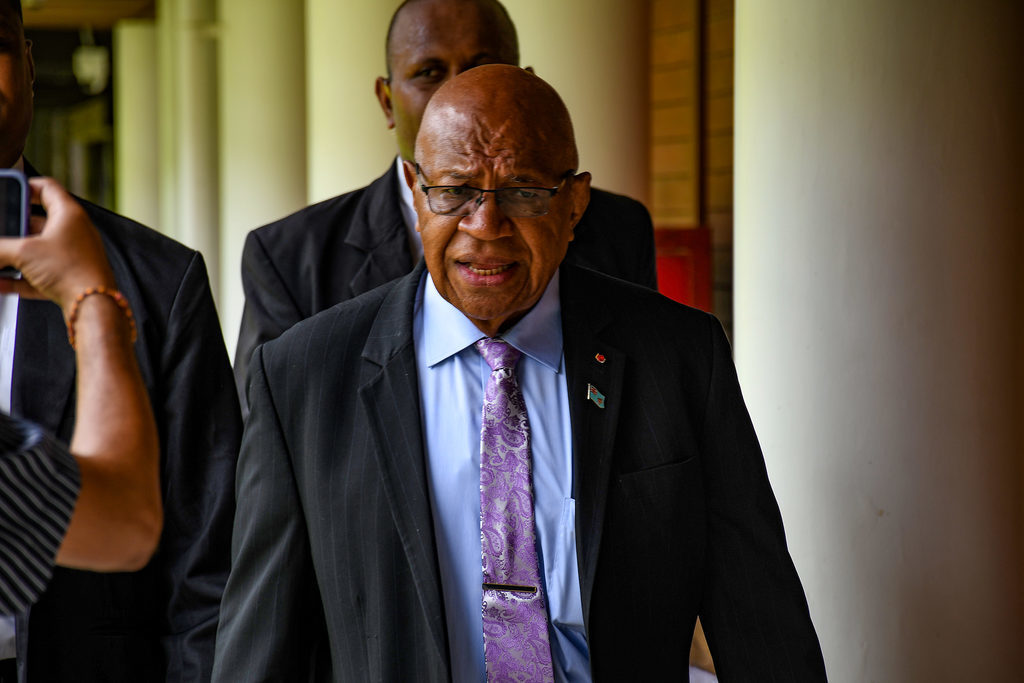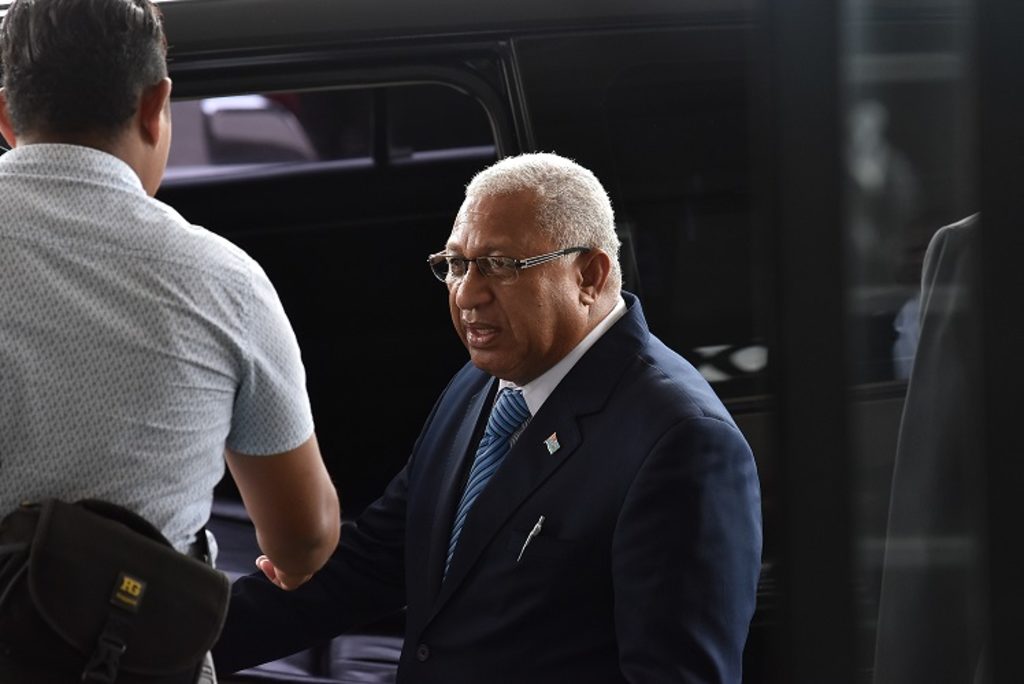“Timely, if not overdue.”
That’s the view of media academic Dr Shailendra Singh on Fiji’s Truth and Reconciliation Commission (TRC).
The TRC was among the topics discussed at a recent panel in Suva on Addressing Racial Discrimination in Fiji – Challenges, Legal Framework, and the Role of Media.
The discussion was organised by Dialogue Fiji to mark the International Day for the Elimination of Racial Discrimination last Friday.
Dr Singh, whose research focuses on media, social cohesion, and democracy in fragile states, saw the TRC as a rare opportunity for the people to speak truthfully, share their experiences, and express their views about what is wrong in Fiji and how it can be made right.
Responding to a question at the panel discussion, Dr Singh stated that given Fiji’s ethnic make-up and its history of coups, a Truth and Reconciliation Commission was necessary to identify and address persistent underlying issues.
In a later interview with The Fiji Times, the associate professor of Pacific journalism stated that the establishment of the TRC was one of the most significant developments in the country’s history at this juncture.
“It (the TRC) should be viewed as a key peacebuilding and conflict prevention measure,” said the head of journalism at the University of the South Pacific.
“It’s something that Fiji urgently needs to inform its future directions as a country. So it’s not just about the past, but also about the future of the country,” he said.
With regard to public consultations, Dr Singh said it was crucial to provide everyday citizens with a platform through which they could be heard because they bore the full brunt of any upheaval and were the ones most adversely affected.
On the role of the media, he stated that while the media exerted enormous influence in shaping public opinion and perceptions, they tended to prioritise elite voices — such as politicians — who received the lion’s share of coverage. As a result, ordinary people are often excluded from mainstream media due to editorial and commercial priorities.
“Politicians rightly claim that they have the mandate of the people and serve as their representatives. However, they sometimes prioritise their own political interests, which do not always align with those of the public. This is why we must hear directly from the people, as they have borne the brunt of political upheavals—in terms of the quality of their lives and lack of opportunities. Their feedback is essential.”
Reactions to the TRC’s formation
During the debate on the TRC Bill in Parliament in December last year, Minister for Women Sashi Kiran stated that it would provide the opportunity for hope and healing in Fiji and that positive responses towards the initiative had been received from various faith-based organisations and the general public. She stated embarking on the process required courage and political will from the government and that from their consultations, they were confident that, for the first time, the whole nation was ready to embrace the process.
However, the Leader of the Opposition, Inia Seruiratu, told Parliament during the same debate that the commission had no legal teeth, and without summoning powers, it would not be able to carry out its work effectively in identifying the real players behind the coups.
“We must identify the politicians that were behind the soldiers, we must identify the business people, chiefs and religious leaders who were involved,” said Seruiratu.
Former Prime Minister Voreqe Bainimarama, who led the coup of 2006, was blunt while responding to questions from RNZ. He labelled the truth and reconciliation process as a “waste of time.”
According to Dr Singh, the skepticism about the Commission in some quarters is understandable, given Fiji’s conflicted past and its coup culture. However, the Commission should be given a chance, he said.
“No one can predict the outcome of this exercise or even its benefits. But it’s an exercise we as a country must go through – it’s a discussion the nation must have with itself.”
Prime Minister Sitiveni Rabuka has made a commitment to “voluntarily” appear before the TRC and stated that he would be one of the first to testify. He also confirmed that, as part of the truth-telling process, he would reveal who was behind the coup of 1987, which he led.
The 2000 coup leader, George Speight, who was pardoned by the President after serving 24 years of his life sentence, has remained largely silent since his release, and it is still unclear whether he will be part of the truth-telling process and will appear before the Commission.
The five-member TRC is chaired by Dr Marcus Brand from Austria. The other members include former judge Sekove Naqiolevu, journalist and human rights advisor Rachna Nath, leadership coach Ana Laqeretabua, and retired pilot Rajendra Dass. The TRC Act provides for a three-month period for preparatory work.
Dr Brand, while speaking to the media after being sworn in, reaffirmed that the TRC was not a judicial body and therefore would not pass a verdict on anyone or pronounce anyone guilty in the judicial sense.
“We will talk about everything, even those things covered by immunity, but the purpose is truth-telling and truth documentation,” he said.
The TRC is currently in its preparatory phase.
2000 coup leader, George Speight has remained silent since his release from prison. Picture: FILE

Prime Minister Sitiveni Rabuka who led the coups of 1987 has made a commitment to be one of first to appear before the TRC. Picture: FT FILE



